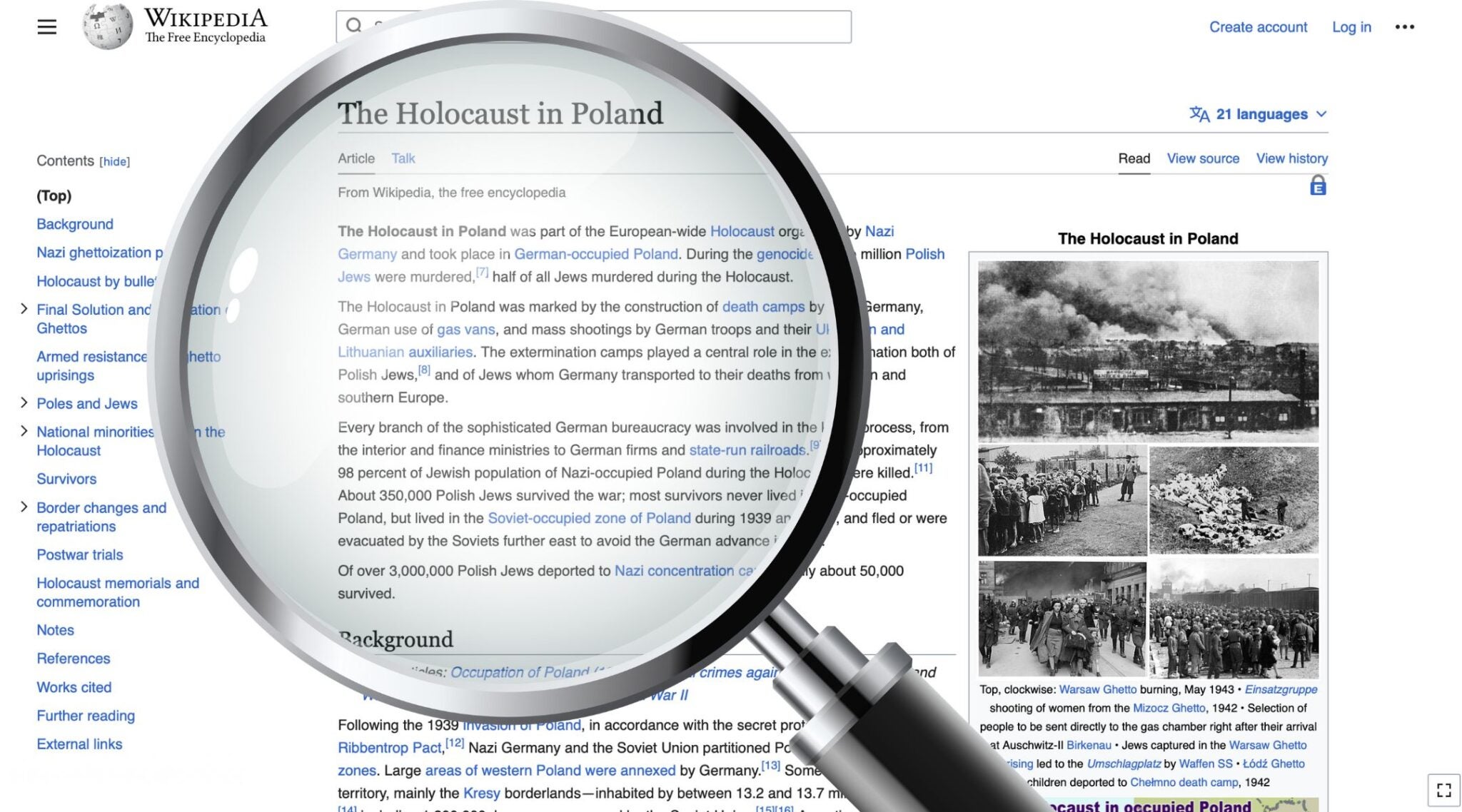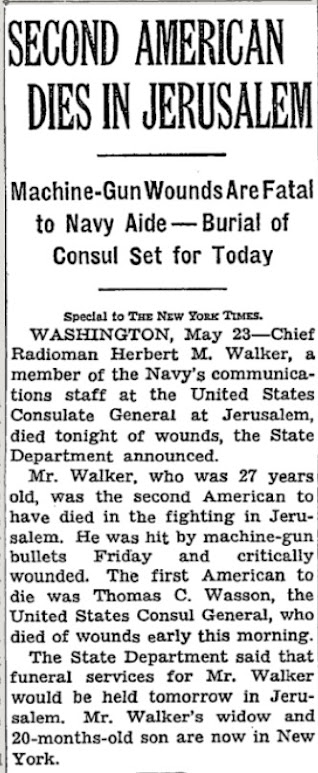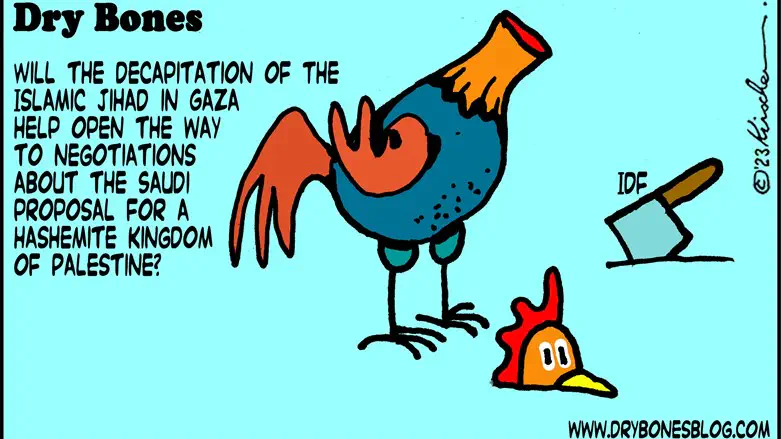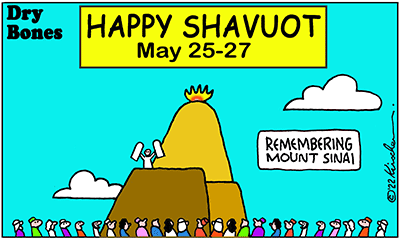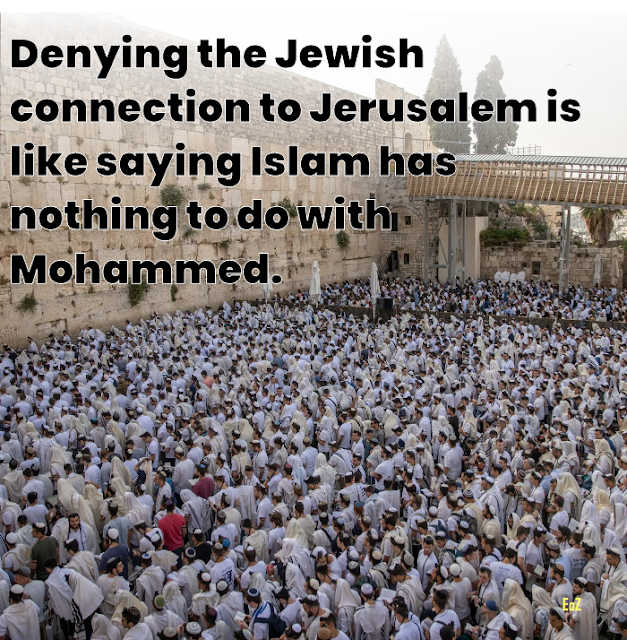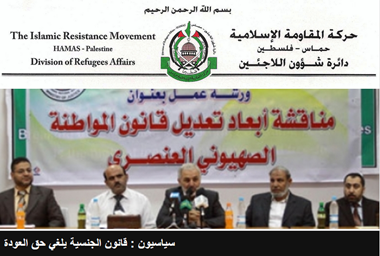The Shoah Was Brought about by Anti-Semitism, Not “Hate”
In 2018, Jewish students at a pluralistic community high school participated in a project called “We Will Not Be Silenced,” a week-long commemoration of the Holocaust. To broach this topic, this prestigious school focused on Kristallnacht, the 1938 pogrom carried out by the Nazi Party against the Jews of Germany. The interactive project compelled students to write on small pieces of paper the things about which they would not be silent as a result of Kristallnacht. The following are examples of what students chose to write. On note cards bearing the heading “I will not be silent in the face of,” students wrote “homophobia,” “trans violence,” “gun violence,” “environmental degradation,” “rape culture,” “sexism,” “racism,” and “any hate.” Not one student wrote “anti-Semitism,” the very reason that Kristallnacht occurred.Holocaust education: Learn resilience, strength from survivors
An essential question surfaces: why not? What occurred pedagogically in the classroom that encouraged students to walk away with knowledge that in no way expressed the main undercurrent of the Nazi regime?
One should be shocked by this. But taking stock of the field of Holocaust education, the answers yielded by the students are not in any way exceptional. They reflect the fact that Holocaust education—very simply—is not working. Far worse, it has been usurped by individuals with very specific learning objectives, one of which is to universalize the Holocaust to such a degree so as to render its particular history abstract—almost irrelevant.
The universalization of the Holocaust did not occur overnight. Historically, in the immediate post-war years, awareness of the Nazi atrocities began to grow. One of the first testimonies, Anne Frank: The Diary of a Young Girl, published in 1952, slowly became a staple of Holocaust literature in public schools. Elie Wiesel’s memoir, Night, joined Anne Frank’s diary in the hope of serving as eternal witnesses to the Holocaust.
The first state to mandate Holocaust curriculum was Illinois in 1990. It is important to note that initial efforts, as reported in a 2006 study on the “State of Holocaust Education in the State of Illinois,” produced eight major findings as a result of teaching the Holocaust, one of which was “a wide array of topics such as death camps, anti-Semitism, Hitler’s rise to power, non-Jewish victims, creation of the state of Israel, and the U.S.’s response to the Holocaust is being taught in Illinois high schools.” It would seem, therefore, that, initially, the architects of Holocaust curriculum seemed to grasp the singular nature of the subject. Using the state of Illinois as a case study, a major shift occurred in 2005, when the legislature mandated that Holocaust education include “other cases of genocide.” Other states slowly followed suit. Before 2016, only seven states required Holocaust education in schools. In the past seven years, eighteen more have passed Holocaust education mandates. And yet, anti-Semitism in the United States is at an all-time high. For example, the phrase “Hitler was right” was posted online more than 17,000 times over the course of just one week in 2022 alone.
All in all, the belief that Holocaust education is an effective antidote to hate is not consistent with reality, mostly due to its universalization. Take, for example, a person who condemns the “Israelization” of American domestic policy, or says that Israel is a “colonial” state guilty of “state terror” and “is waging a war against civilians.” That same person claims “it is certainly true that one universal truth about the Holocaust” is that “there is value in seeing analogies and perhaps hidden similarities” between it and the “Palestinian disaster.” Do we really think this person does not know about the Holocaust? Was his problem really a lack of knowledge, or something much darker?
Recently, I was asked why the topic of Holocaust education is so important to me. I sat there thinking, trying to decide my answer. Eighty years later and what have we learned? What have we, as a nation, accomplished?Wikipedia disciplines editors in Holocaust distortion dispute but sidesteps debate over Polish complicity
Elie Wiesel stated that “those who do not remember the past are doomed to repeat it.” Therefore, as a nation and as a world, we have days dedicated to Holocaust remembrance and genocide awareness. But do we, as a nation, understand what that means and reflect on its importance more than once or twice a year?
It’s not just about remembering what happened but about us learning and, as a nation and a world community, doing better for humanity, equality and acceptance.
In 2022 alone, the Anti-Defamation League (ADL) reported over 3,000 cases of antisemitism in the United States alone. The world has not learned but neither have we.
When we take a day to remember the Holocaust, we should not just remember that one time. We should be active in fighting for our nation and in being role models to others.
Wikipedia has banned three editors from working on articles related to Jewish history in Poland during World War II, in a bid to resolve editing disputes and safeguard its credibility.
But the online encyclopedia stopped short of taking more aggressive action in response to allegations of widespread Holocaust distortion on the platform.
The decision, handed down Saturday, concludes more than two months of deliberation by Wikipedia’s Arbitration Committee, which acts as Supreme Court over the community of volunteers who edit the website.
The Arbitration Committee had opened an investigation in response to an unprecedented academic study concluding that a group of editors had gamed Wikipedia’s rules to introduce content that absolves Poland of blame for antisemitism and Jewish suffering during the Holocaust, in line with the ultranationalist view prevailing in the country.
In keeping with Wikipedia’s accountability framework and to the dismay of the study’s authors, the committee didn’t take a position on the underlying dispute over Polish antisemitism and complicity with the Nazis. The committee instead concluded that then editors did not adhere to the community’s code of conduct.
The committee’s conclusion “entirely missed the mark,” said Shira Klein, a history professor at Chapman University whose study, written with University of Ottawa historian Jan Grabowski, triggered the investigation.
Klein said that by avoiding the issue of historical truth and focusing on civility, Wikipedia sent a clear message: “There’s no problem with falsifying the past; just be nice about it.”


